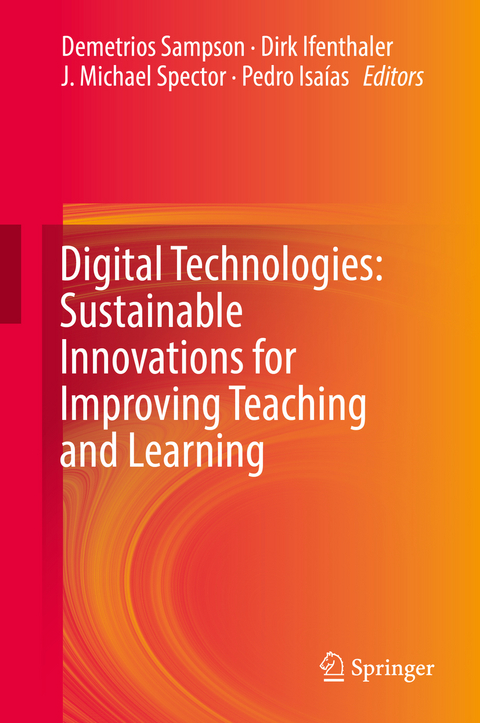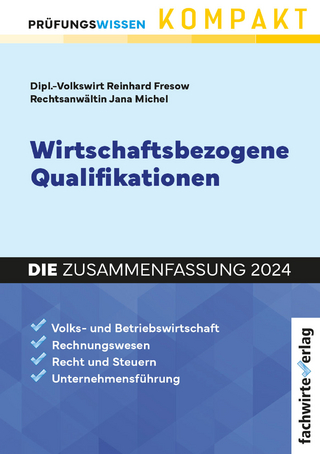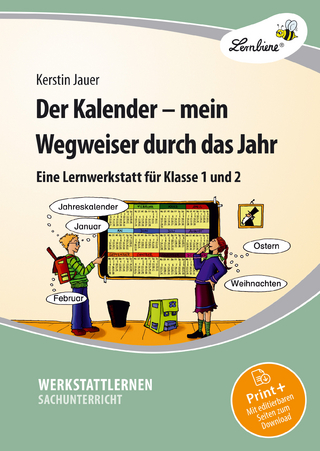
Digital Technologies: Sustainable Innovations for Improving Teaching and Learning
Springer International Publishing (Verlag)
978-3-319-73416-3 (ISBN)
The aim of this volume entitled Digital Technologies: Sustainable Innovations for improving Teaching and Learning is to contribute in the global discussion on digital technologies as the means to foster sustainable educational innovations for improving the teaching, learning and assessment from K-12 to Higher Education. It compiles papers presented at the CELDA (Cognition and Exploratory Learning in the Digital Age) conference, which has as its goal continuing to address these challenges and promote the effective use of new tools and technologies to support teaching, learning and assessment. The book consists of four parts and showcases how emerging educational technologies and innovative practices have been used to address core global educational challenges; spanning from rethinking and transforming learning environments across educational contexts to effectively cultivating students' competences for the digital smart society of the future. The book comprisesPart I: Transforming the Learning Environment; Part II: Enriching student learning experiences; Part III: Measuring and Assessing Teaching and Learning with Educational Data Analytics; Part IV: Cultivating student competences for the digital Smart society. It targets researchers and research students, educational professional practitioners (including teachers, educators and education leaders) as well as education policy makers, who are interested in keeping up-to-date on the global development in this field.
Demetrios Sampson is a Professor of Digital Systems for Learning and Education at the Department of Digital Systems, University of Piraeus, Greece, where he serves as Academic Staff since 2001, and a Professor of Learning Technologies at the School of Education, Curtin University, Australia since 2015. He is the co-author of 365 articles in scientific books, journals and conferences, and the editor of 12 books, 32 special issues and 35 international conference proceedings. He has received 10 times Best Paper Award in International Conferences (with at least 4500 citations in Google Scholar, November 2017). He has been a Keynote/Invited Speaker/Lecturer in 75 International/National Conferences and/or Postgraduate Programs around the world. He has been project director, principle investigator and/or research consultant in 70 Research and Innovation projects with external funding at the range of 16 MillionEUR. He has supervised 155 honors and postgraduate students to successful completion. He has developed and delivers the first MOOC on the use of Educational Data Analytics by School Teachers (Analytics for the Classroom Teacher), offered by the edX platform which has attracted more than 7000 participants from 145 countries around the world since October 2016. He served as Editor-in-Chief of one of the first open access journals in educational technology, the Educational Technology & Society Journal, 2003-2018. He has also served or serves as Member of the Steering Committee and/or Advisory and/or Editorial Board of 25 International/National Journals, in various leadership roles in 75 International Conferences and at the Program Committee of 500 International/National Conferences. He is the recipient of the IEEE Computer Society Distinguished Service Award (July 2012) and named a Golden Core Member of IEEE Computer Society in recognition of his contribution to the field of Learning Technologies (January 2013). Dirk Ifenthaler is Professor and Chair of Learning, Design and Technology at the University of Mannheim, Germany. His previous roles include Professor for Applied Learning and Teaching Research at the University of Potsdam, Germany, Professor and Director of Centre for Research in Digital Learning at Deakin University, Australia, Manager of Applied Research and Learning Analytics at Open Universities Australia, Affiliate Research Scholar at the University of Oklahoma, USA, and Interim Department Chair and Professor for Educational Science at the University of Mannheim, Germany. He was a 2012 Fulbright Scholar-in-Residence at the Jeannine Rainbolt College of Education, the University of Oklahoma, USA. His background is in cognitive psychology, educational technology, statistics, and teacher education. He developed automated and computer-based methodologies for the assessment, analysis, and feedback of graphical and natural language representations. His research outcomes include numerous co-authored books, book series, book chapters, journal articles, and international conference papers. He is the Editor-in-Chief of Technology, Knowledge and Learning and a member of the Editorial Board for Educational Technology Research and Development. He has been appointed as UNESCO Deputy Chair of Data Science in Higher Education Learning and Teaching at Curtin University (2017). He is the 2013-2014 President for the AECT (Association for Educational Communications and Technology) Division Design and Development, 2013-2014 Chair for the AERA (American Educational Research Association) Special Interest Group Technology, Instruction, Cognition and Learning and Co-Program Chair for the international conference on Cognition and Exploratory Learning in the Digital Age (CELDA). He received the 2015 Presidential Award, AECT (Association for Educational Communications and Technology), the 2012 Outstanding Journal Article Award by AECT, 2009 Outstanding Reviewer Award for Educational Tech
Part I. Transforming the Learning Environment.- Chapter 1.School Leadership: An Analysis Of Competence Frameworks.- Chapter 2.Putting Flipped Classroom into Practice: A Comprehensive Review of Empirical Research.- Chapter 3. Mobile Device Usage in Higher Education.- Chapter 4. Digital learning technologies in Chemistry education: A review.- Part II.Enriching Student Learning Experiences.- Chapter 5. The Work Of Children: Seeking Patterns In The Design Of Educational Technology.- Chapter 6.How do High school students prefer to learn?.- Chapter 7. Students' self-regulated learning in on-line academic writing in course blog.- Chapter 8. Digital Tool use and self-regulated strategies in a bilingual online learning environment.- Part III.- Measuring and Assessing Teaching and Learning with Educational Data Analytics.- Chapter 9. Evaluation of learning unit design using page flip information analysis.- Chapter 10.Exploring adaptive game based learning using brain measures.- Chapter 11.Academic retention in the Italian context.- Part IV.Cultivating Student Competences for the Digital Smart Society.- Chapter 12. Measurement of computational thinking in K-12 education: The need for innovative practices.- Chapter 13. Computational Thinking in the Context of Science and Engineering Practices: A Self-Regulated Learning Approach.- Chapter 14. A technology-enhanced pedagogical framework to promote collaborative creativity in secondary education.- Chapter 15.NanoCity: An immersive game to transform student perceptions of science.- Chapter 16. Digital Smart Citizenship Competence Development With A Cyberphysical Learning Approach Supported By Internet Of Things Technologies.
| Erscheinungsdatum | 21.03.2018 |
|---|---|
| Zusatzinfo | XVIII, 310 p. 52 illus., 23 illus. in color. |
| Verlagsort | Cham |
| Sprache | englisch |
| Maße | 155 x 235 mm |
| Gewicht | 654 g |
| Themenwelt | Schulbuch / Wörterbuch ► Unterrichtsvorbereitung ► Unterrichts-Handreichungen |
| Geisteswissenschaften ► Psychologie ► Allgemeine Psychologie | |
| Geisteswissenschaften ► Psychologie ► Pädagogische Psychologie | |
| Sozialwissenschaften ► Pädagogik ► Schulpädagogik / Grundschule | |
| Schlagworte | 21st century competencies • Adaptive game based learning • Blended Learning • Collaborative Problem Solving • Competence frameworks • educational administration • Educational data analytics • Educational technology • Flipped Classrooms • instructional design and technology • Learning and Instruction • Learning Environments • School leadership models • Teacher Preparation • technology integration in learning and instruction |
| ISBN-10 | 3-319-73416-4 / 3319734164 |
| ISBN-13 | 978-3-319-73416-3 / 9783319734163 |
| Zustand | Neuware |
| Haben Sie eine Frage zum Produkt? |
aus dem Bereich


